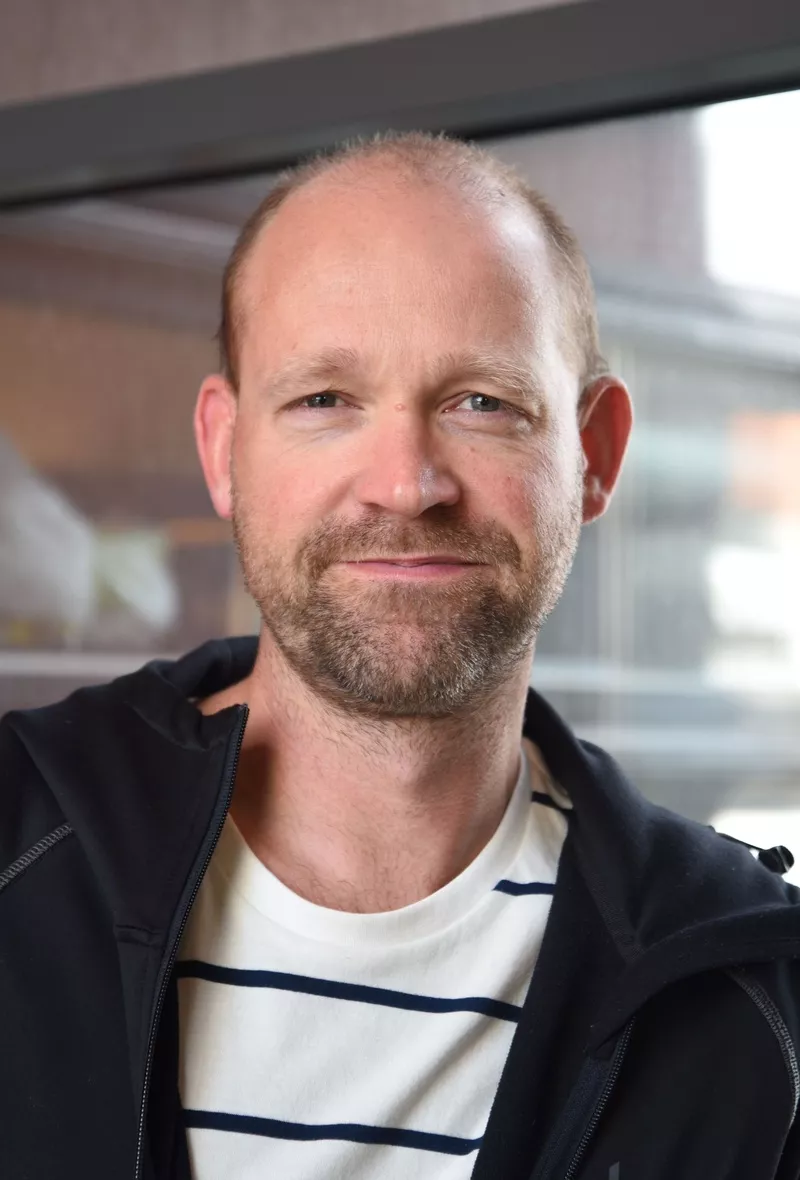Hematopoietic and immune development
Pronk Group
Our Research
Today, we cure about 85% of children with cancer. In some subgroups, such as acute lymphoblastic leukemia (ALL), cure rates exceed 90%. Treating pediatric cancer patients is characterized by balancing of anti-tumor actions with treatment related morbidity/mortality. Many patients suffer from treatment toxicities during or following completion of treatment, sometime with a lethal outcome. In our research, with a focus on hematopoietic malignancies and hematpoietic cell transplantation as treatment modality, we aim to address some of the issues of treatment efficacy and treatment toxicity.
Using a mouse-model of haploidentical transplantation, in the context of inducible AML disease, we study immune reconstitution of the transplanted haploidentical blood forming cells. By modulation of cellular compositions of the transplanted cells, we aim to study and optimize anti-leukemic actions of donor cells
High-dose methotrexate (HDMTX) treatment is a very effective, though toxic anti-leukemia agent. To prevent lethal orga noxicity following HDM, folinic acid rescue (FAR) treatment is a prerequisite. FAR counteracts intracellular actions of MTX, thus simultaneously inhibiting anti-leukemia actions. We study the pharmacodynamics of folinin and MTX metabolites following FAR during HDMTX and in addition study the mechanisms of nephrotoxicity observed during HDMTX. Genetic polymorphisms of host genome are associated with pharmacodynamics and toxicity triats.
After completion of treatment, 2/3 of patients suffer from late effects. As part of a large, Nordic consortium, we study post-treatment organ function in pediatric ALL patients treated in the NOPHO AL2008 protocol. Within this initiative, our research group has a focus on immune reconstitution and nephrotoxicity during the first years of treatment completion.
Aims
- Increase treatment efficacy in pediatric hematological malignancies
- Understand and decrease treatment related toxicities
Impact
- Content is coming soon -
List of Team Pronk's publications
Team
(name linked to profile in Lund University research portal)
Kees-Jan Pronk
Principal Investigator, Kees-Jan [dot] Pronk [at] med [dot] lu [dot] se (Kees-Jan[dot]Pronk[at]med[dot]lu[dot]se)
Isabel Hidalgo
Postdoc, Isabel [dot] Hidalgo [at] med [dot] lu [dot] se (Isabel[dot]Hidalgo[at]med[dot]lu[dot]se)
Maria Björklund
Laboratory Engineer, Maria [dot] Bjorklund [dot] 4648 [at] med [dot] lu [dot] se (Maria[dot]Bjorklund[dot]4648[at]med[dot]lu[dot]se)
Kees-Jan Pronk
Principal Investigator
MD, PhD, Assistant Researcher
Division of Molecular Hematology
Phone: +46 73 440 64 12
Email: Kees-Jan [dot] Pronk [at] med [dot] lu [dot] se (Kees-Jan[dot]Pronk[at]med[dot]lu[dot]se)
Affiliations
- Lund Stem Cell Center
- StemTherapy
- Department of Laboratory Medicine
- Division of Molecular Hematology
- Wallenberg Center for Molecular Medicine
- Skåne University Hospital
- Lund Center for Pediatric Blood and Cancer Research


